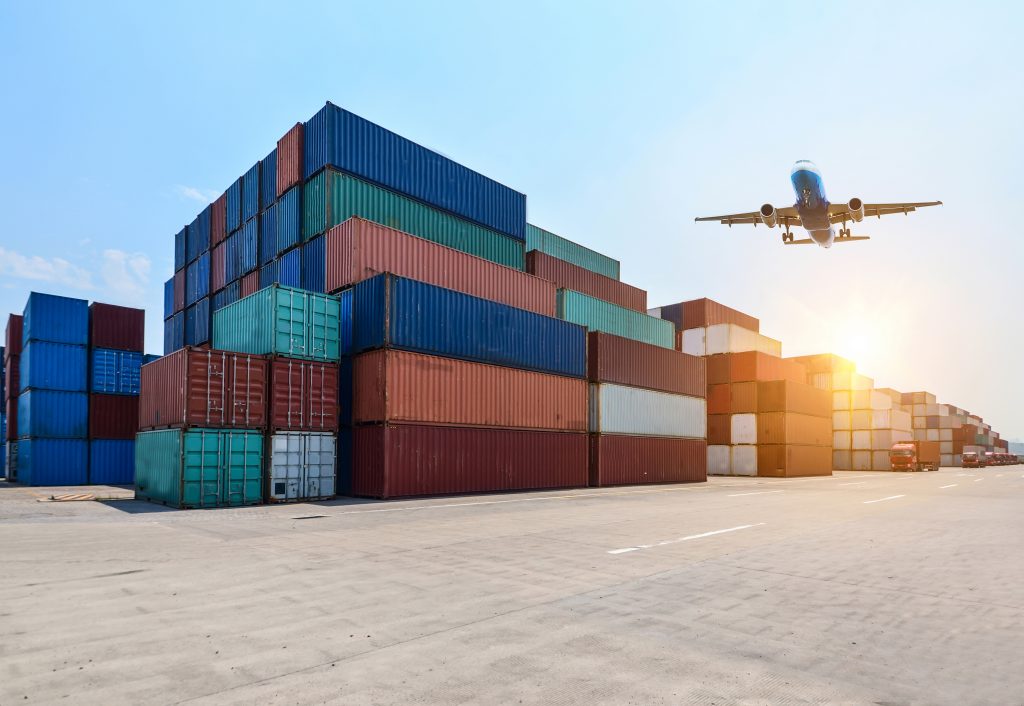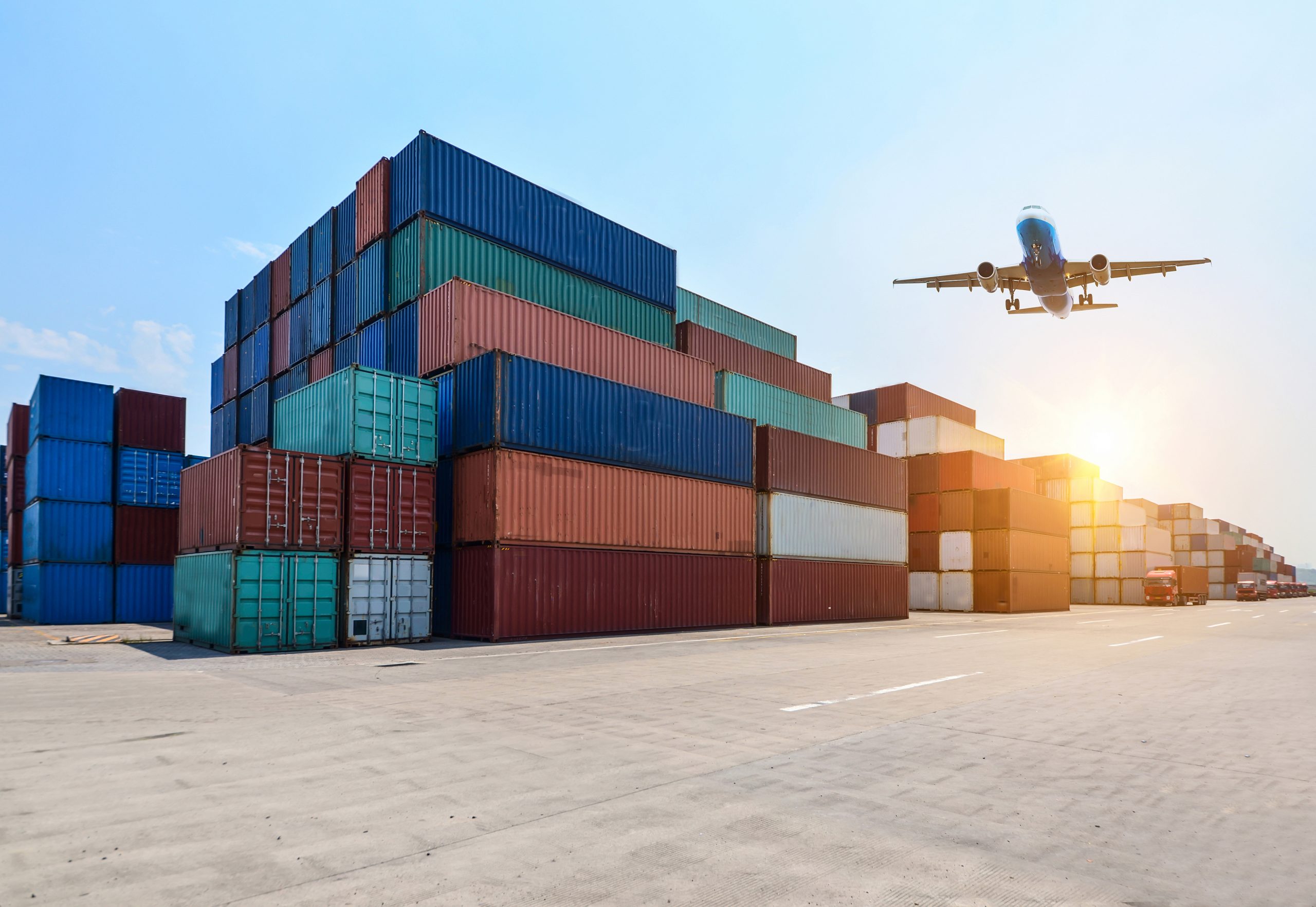The future of logistics and outlook for 2022
Digitisation will have a significant impact on logistics in the current year. Many innovations have already been introduced and other new technologies will be developed, thus simplifying processes and increasing the stability of the supply chain worldwide. With the megatrend of sustainability, the entire logistics industry will set a path-breaking course in 2022.
For some time now, there has been an increasing shift to so-called Logistics 4.0 – a term derived from Industry 4.0. This new era of logistics is based essentially on digitisation, or more precisely, on the automation of business and logistics processes, and the networking of devices and companies with one another. Automation essentially involves the ability to interconnect devices and have them communicate with each other. Equipment is used to evaluate data and then process the information to determine the next steps – entirely automatically, in near real time and without the need for a human to control them. Automation and artificial intelligence can take over certain tasks and reduce the acute need for qualified personnel.
Big data and networking for logistics automation
Transparency is the crucial quality that Logistics 4.0 is supposed to provide. The world seeks accessible on-time data, the collection and exchange of which is a central component of Logistics 4.0. The more data is exchanged along the supply chain, the better the coordination of processes. If the exchange of data also leads to automatically triggered processing, the efficiency of transportation is improved, and additional risks are reduced. The aim of deploying Big Data and intelligent networking of market participants is to stabilise the entire supply chain and anticipate and avoid potential failures or disruptions, or to develop alternative plans in order to still meet the specified schedules.
Countertrend to globalisation
A wide variety of locations around the world are becoming ever more closely interconnected, and more and more goods are being moved across all continents. With the outbreak of the pandemic, the limits of globalisation became apparent, leading to a countertrend emerging.
“Air freight is a crucial enabler of flexibility and agility in global supply chains as it allows our customers to tackle time-critical supply chain challenges and provides transport mode options for high-value cargo.”
Global integration has resulted in interdependence of supply chains. Individual failures or interruptions in supply chains have in turn led to delays and complications in many other places around the world. A stronger regional focus is now intended to dissolve these dependencies and make the regions more independent of each other to restore the stability of the supply chains.
Multichannel logistics
The events of recent years have demonstrated how easily supply chains can collapse under certain conditions. To prevent such risks, logistics is becoming more diversified. If there are difficulties with a particular transport mode, it is possible to switch to an alternative mode.
A good example of this is A.P. Moller – Maersk launching Maersk Air Cargo recently as the company’s main air freight service to meet the logistics needs of its clients with integrated end-to-end logistics. “Air freight is a crucial enabler of flexibility and agility in global supply chains as it allows our customers to tackle time-critical supply chain challenges and provides transport mode options for high-value cargo. We strongly believe in working closely with our customers,” said Aymeric Chandavoine, global head of logistics and services, A.P. Moller – Maersk.
Maersk’s owned and controlled services are designed to make supply chain journeys more resilient and intuitive. “This will allow us to offer customers a truly unique combination of air freight integrated with other transport modes,” said Torben Bengtsson, global head of air & LCL, A.P. Moller – Maersk. The company’s ambition is to have approximately one-third of its annual air tonnage carried within its own controlled freight network.
Sustainability in logistics
Logistics in particular can make a substantial contribution to saving greenhouse gas emissions. According to WEF studies, logistics and transport account for 5.5 percent of all CO2 emissions worldwide, underlining the great need for eco-friendly solutions in this sector. Different approaches are employed to achieve this: the use of electric trucks for last-mile delivery, bio-LNG as fuel for long-distance transport with heavy trucks, or smaller changes, such as the establishment of a fleet of Longer Heavier Vehicles (LHVs). In particular, the choice of fuel and the further development of the respective technologies will play a major role in reducing CO2 and other emissions.
Carbon reporting is a valuable tool to further reduce emissions and it will become more prevalent in the future. The provision of insights into their CO2 and pollutant emissions by companies eventually leads to greater transparency which in turn pushes firms to keep their emissions as low as possible to achieve the least possible impact on the climate.




